A list of excellent books for English teachers
(go here for online English teaching resources, and here for Shakespeare books and online resources).
General
Andrew Atherton’s Experiencing English Literature (2023) offers many ideas, well-grounded in fundamental principles, of how poetry, fiction and drama can be approached in the classroom.
Carol Atherton’s Reading Lessons (2024) is the best account of what it means to be an English teacher. She discusses books like Great Expectations, I Know Why the Caged Bird Sings and An Inspector Calls, and how they have affected both her and her pupils over the years.
Kevin Cahill and Niamh Dennehy (editors): Perspectives on the Teaching of English in Post-Primary Education is the best introduction to the profession in Ireland right now, mixing third- and second-level perspectives, with valuable contributions from current practitioners like Clare Madden, Conor Murphy, Selena Wilkes and Caragh Bell.
Chris Curtis: How to Teach English: novels, non-fiction and their artful imagination (2019) is packed full of good sense and ideas, and how these can work in the classroom.
David Didau: Making Meaning in English: exploring the role of knowledge in the English curriculum (2021) is a rare example of a book analysing what the subject is for, rather than how to teach it.
Kelly Gallagher: Write Like This: teaching real-world writing through modelling and mentor texts (2011). Lots of detail on helping children to write well.
Bennie Kara: Diversity for Schools (2020) isn’t (just) for English teachers, but for everyone who works in schools, but it provides lots of helpful ways forward for English teachers eager to attend to diversity in texts, in language, and in the wider school culture.
Tom Needham: Explicit English Teaching (2023) provides a clear introduction to how cognitive science can underpin good practice in our profession.
Andy Tharby: Making Every English Lesson Count: six principles to support great reading and writing (2017) has lots of practical guidance.
John Warner: More Than Words: how to think about writing in the age of AI (2025) is an important and helpful response for English teachers in the early days of this technology.
Jennifer Webb: How to Teach English Literature: overcoming cultural poverty (2019) is directed partly at GCSE study in England, but will still be found useful by teachers in Ireland and beyond.
Cliff Yates: Jumpstart: poetry in the secondary school (1999). There have been few writers as good as Yates at showing how children can create and shape poems.
Reading
Meghan Cox Gurdon: The Enchanted Hour: the miraculous power of reading aloud in the age of distraction (2019). Reading aloud is for everyone, and while, and while of course parents are the first and most important readers, teachers should be reading to their pupils as much as possible. My thoughts here.
Robert Macfarlane: Landmarks (2015). This outstanding writer gives us a rich word-hoard of ‘the astonishing lexis for landscape’ in Ireland and Britain.
Donalyn Miller: The Book Whisperer: awakening the inner reader in every child is now ten years old (it started as an online advice column), but still fresh and inspiring: Miller's relentless focus is on promoting independent reading and individual choice.
Thomas Newkirk: Minds Made for Stories: how we really read and write informational and persuasive texts (2014). Newkirk shows how narrative can and should be harnessed for non-fiction texts. He always writes really well: check out the earlier, and brilliant, The Art of Slow Reading (2011).
Kenny Pieper: Reading for Pleasure: a passport to everywhere. This beautifully-written short book echoes much in Donalyn Miller's. "We need to step up and be their reading mentors, getting involved in their lives, or at least be the ones who will properly encourage them to turn the key. It won’t happen by accident."
Maryanne Wolf: Reader, Come Home: the reading brain in a digital world (2019) should be read by all English teachers (lots of others, too, of course). "The transition from a literacy-based culture to a digital one differs radically from previous transitions from one form of communication to another." My thoughts here.
Language
Isabel L. Beck, Margaret G. McKeown and Linda Kucan: Bringing Words to Life: robust vocabulary instruction (2013, 2nd edition). Practical guide to developing vocabulary, with plenty of fine detail.
David Crystal: The Stories of English (2004). Massive detail on the history of the language, from possibly the greatest expert.
James Geary: I Is An Other: the secret life of metaphor and how it shapes the way we see the world (2011). We constantly swim in the currents of metaphor, and Geary makes us hyperaware of this.
Henry Hitchings: The Secret Life of Words: How English Became English (2008). Lots of fascinating material, and material for the classroom.
Alex Quigley: Closing the Vocabulary Gap (2018) might well be the single most useful and important recently-published book for English teachers. Rooted in research, it addresses this fundamental matter, giving lots of practical ideas on how to develop 'word-rich' pupils. This excellence has been followed up in the successor, Closing the Reading Gap (2020), about which I write here, and Closing the Writing Gap (2022), with observations here.
Jennifer Webb and Marcello Giovanelli: Essential Grammar: the resource book every English teacher will need approaches this supposedly dry and pedantic area of our practice with energy and a positive attitude.
Poetry Anthologies (every classroom should have anthologies ready for use)
Nicholas Albery (editor): Poem for the day: 366 poems, old and new, worth learning by heart (2001) and its second volume (2003) presents the poems as you would expect. Perfect for class selection. And learning by heart is good.
Neil Astley (editor): Staying Alive and Being Alive. Fabulous collections from Bloodaxe, with plenty of surprising selections from modern poets.
Gerard Benson, Judith Chernaik, Cicely Herbert (editors) Poems on the Underground (tenth edition, 2001). A great collection for short poems - naturally, due to the context.
Robert Gullifer and Matthew Jenkinson (2018): How Poems Work: meanings, techniques and effects in 100 poems from Beowulf to the Iraq War. As it says on the tin-lid of the subtitle: poems followed by analyses. Includes the great, and cringe-making, ‘Head of English’ by Carol Ann Duffy.
Seamus Heaney and Ted Hughes: The Rattle Bag (1982) was groundbreaking, and, not surprisingly from these two stellar poets, and friends, deservedly so. They followed it up with The School Bag (1997).
Angela Macmillan (editor): A Little, Aloud (2010) and A Little, Aloud for children (2012) include prose. Reading aloud should be central to English teachers’ practice (see Meghan Cox Gurdon’s The Enchanted Hour in the Reading section).
Ruth Padel. 52 Ways of Looking at a Poem: how reading modern poetry can change your life (2002). Both an anthology and a book of close-reading analysis. An example: Eiléan Ní Chuilleanáin’s ‘Swineherd’ called by Anthony Wilson ‘a consummate reading’.
Jo Shapcott & Matthew Sweeney: Emergency Kit: poems for strange times (1996). ‘Poetry which strikes from new and surprising angles, proposes unconventional connections, or takes on extraordinary subject matter.’
Anthony Wilson: Lifesaving Poems (2015). One of my favourite anthologies. One poem per poet, with lots of unusual suspects, followed by Wilson’s warm and personal responses.

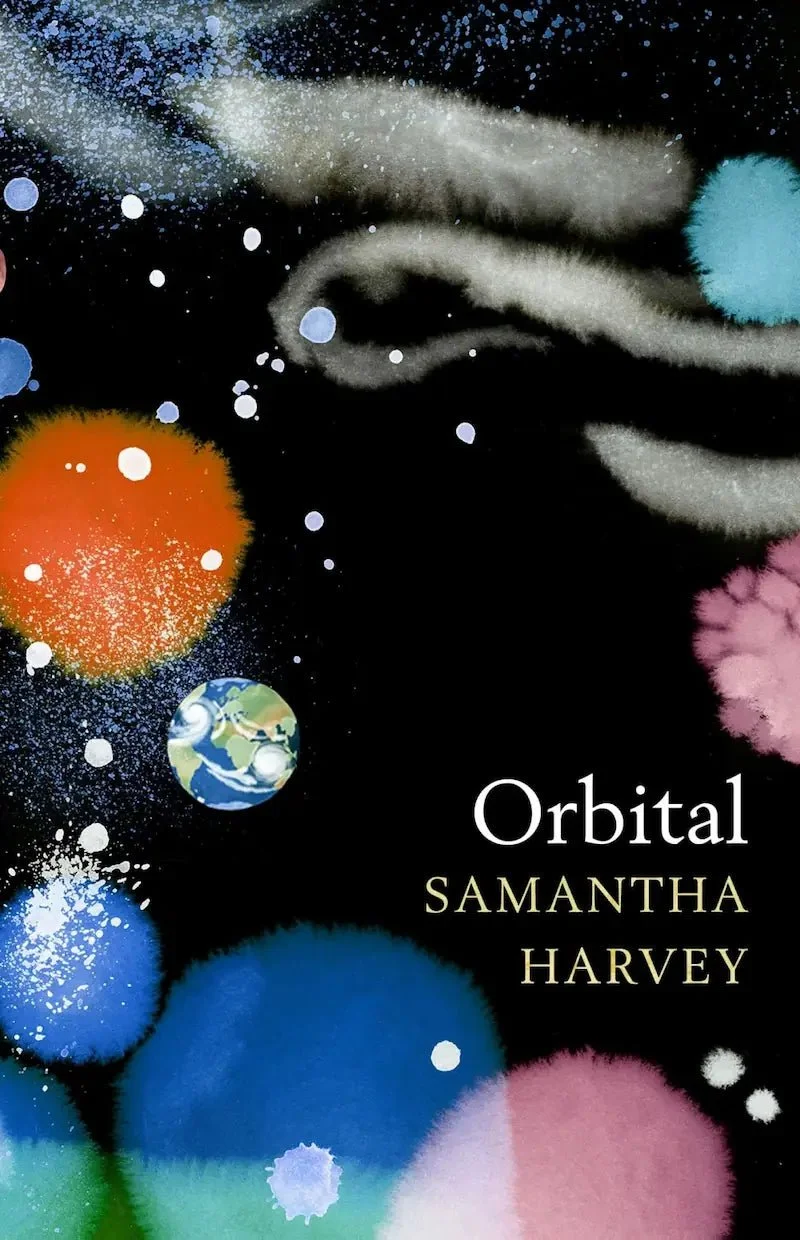
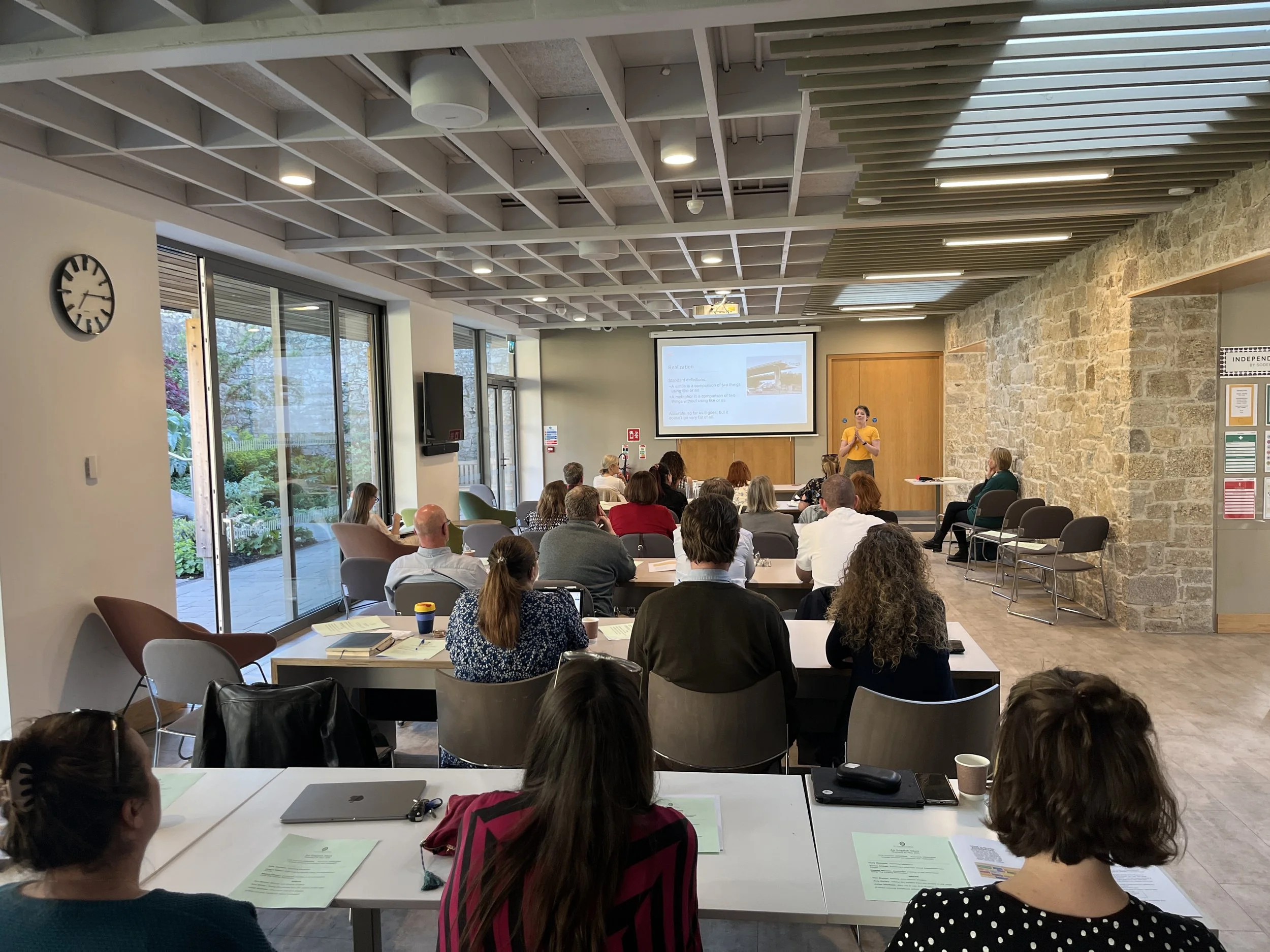


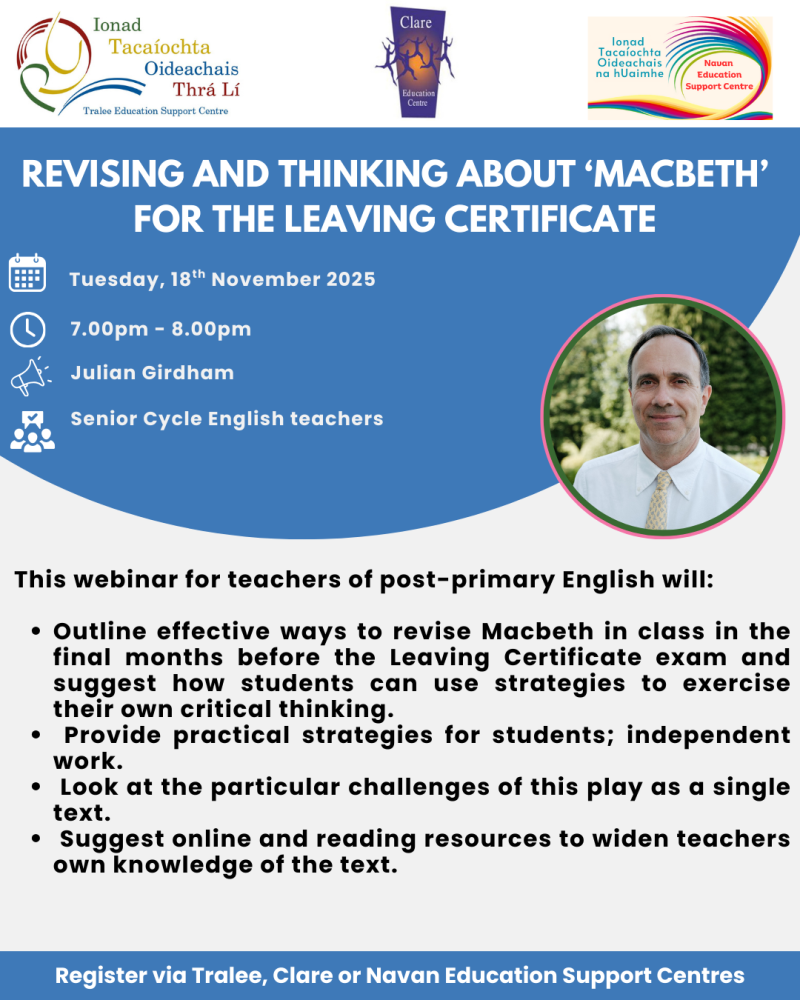

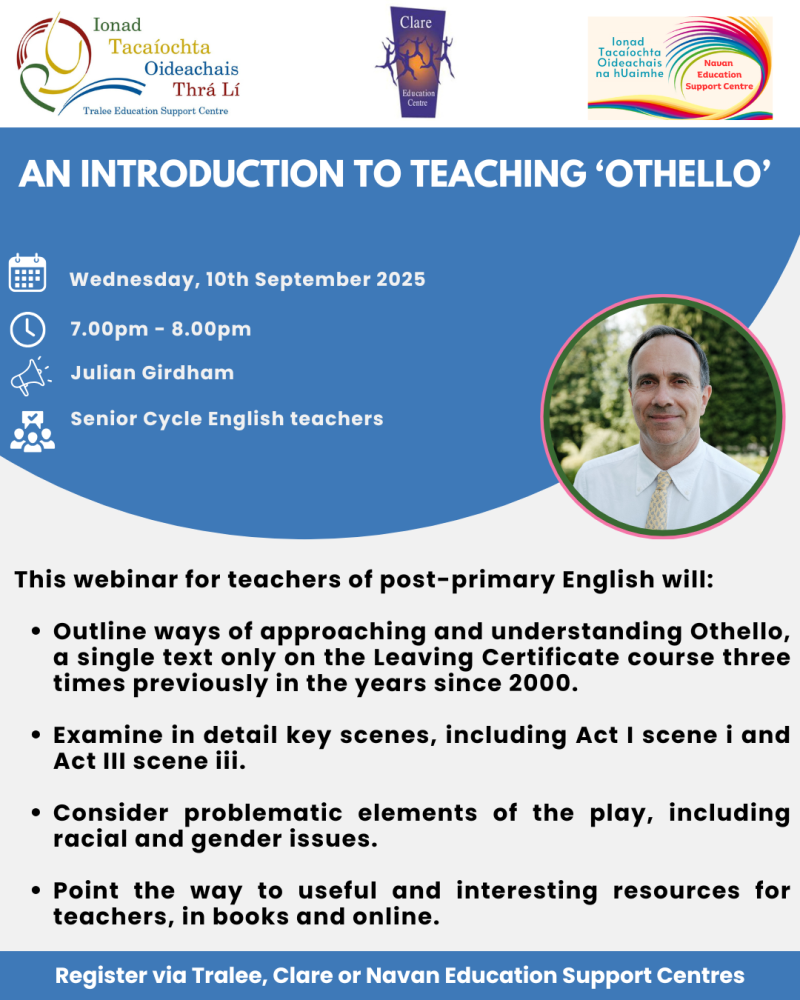

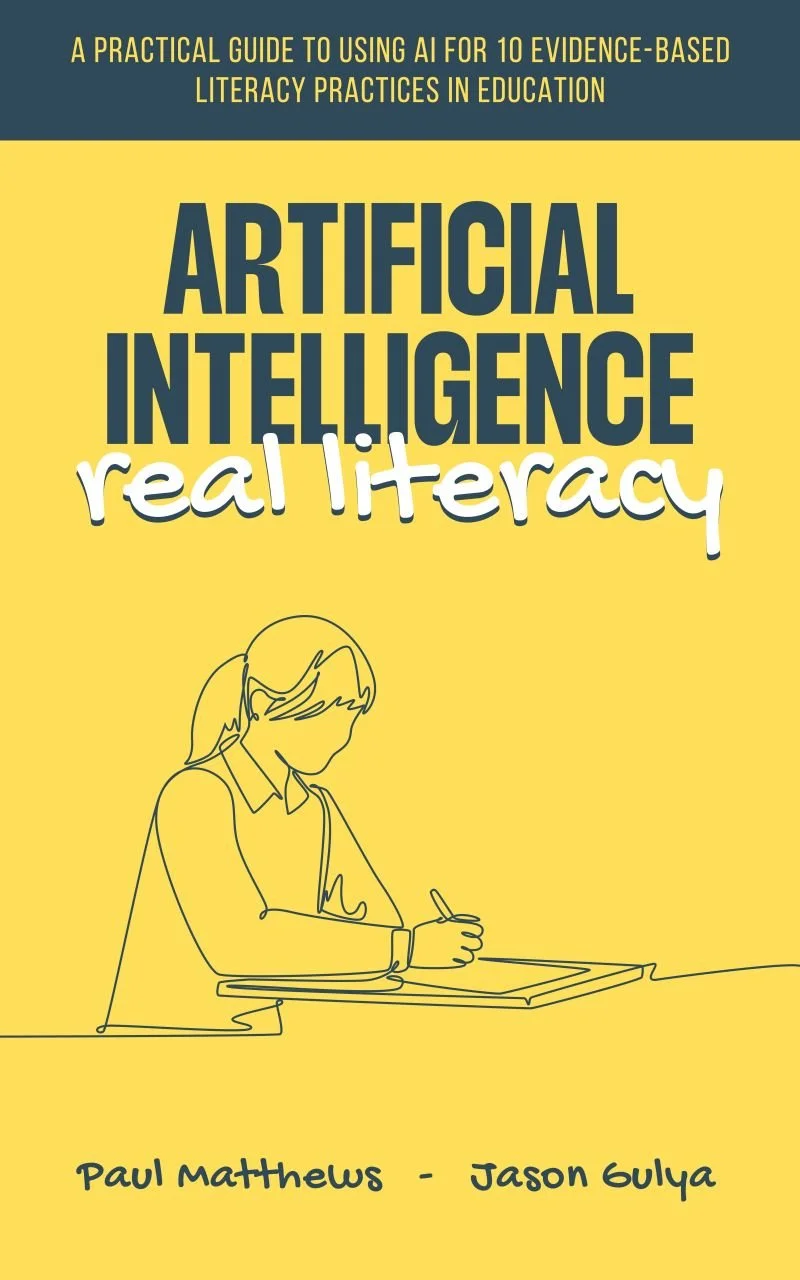





At the end of the academic year, an overview of where English as a subject is in the Republic of Ireland.